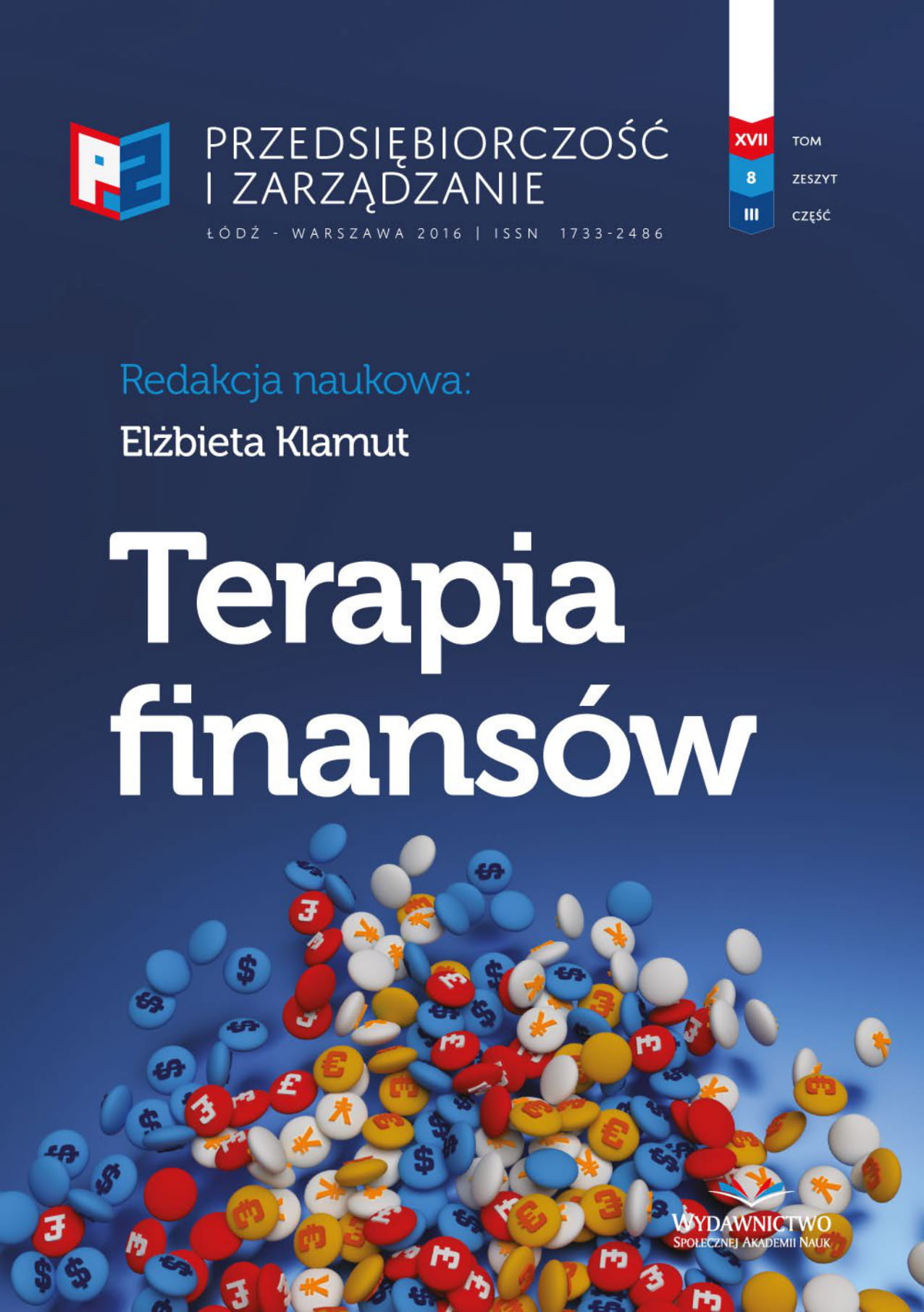Mentalne budżetowanie gospodarstw domowych na przykładzie programu Rodzina 500+
Mental Budgeting of Household Finance by the Case of Child Subsidy Program Family 500+
Author(s): Joanna WęgrzynSubject(s): Governance, Financial Markets
Published by: Społeczna Akademia Nauk
Keywords: households; metal budgeting; metal accounts
Summary/Abstract: The purpose of this article is to feature the influence of mental budgeting over household finance after introducing a new governmental child subsidy program named Family 500+. The 500 Polish złoties per child monthly subsidy, which took effect in April 2016, will be available for every second and subsequent child under eighteen years of age, embracing some 2.7 million households in total. In accordance with the assumptions of Family 500+, the extra direct financial support may seem to be helpful for Polish families as well as the whole domestic economy. However, the households may face with the challenge of correct money allocation, as a consequence of their mental budgeting and setting new mental accounts. The article rises two research questions relating to household mental budgeting process. Firstly, how households categorize and mentally code their financial incomes. Secondly, in what way they may mentally budget received subsidies. It seems possible to presume that the households will automatically code every monthly subsidy by using the same mental accounts, what is not economically efficient in case of meeting unexpected needs and transferring some values between the mental accounts.
Journal: Przedsiębiorczość i Zarządzanie
- Issue Year: 17/2016
- Issue No: 8.3
- Page Range: 267-278
- Page Count: 12
- Language: Polish

